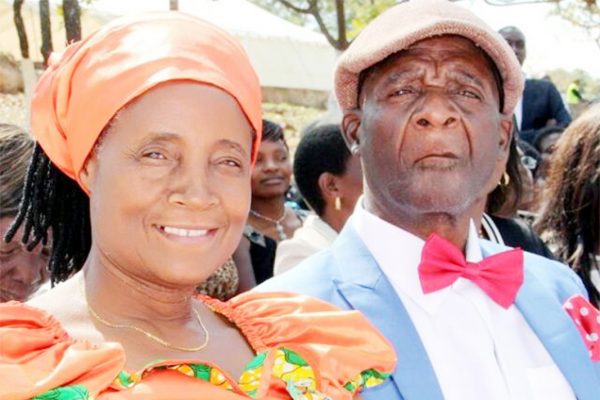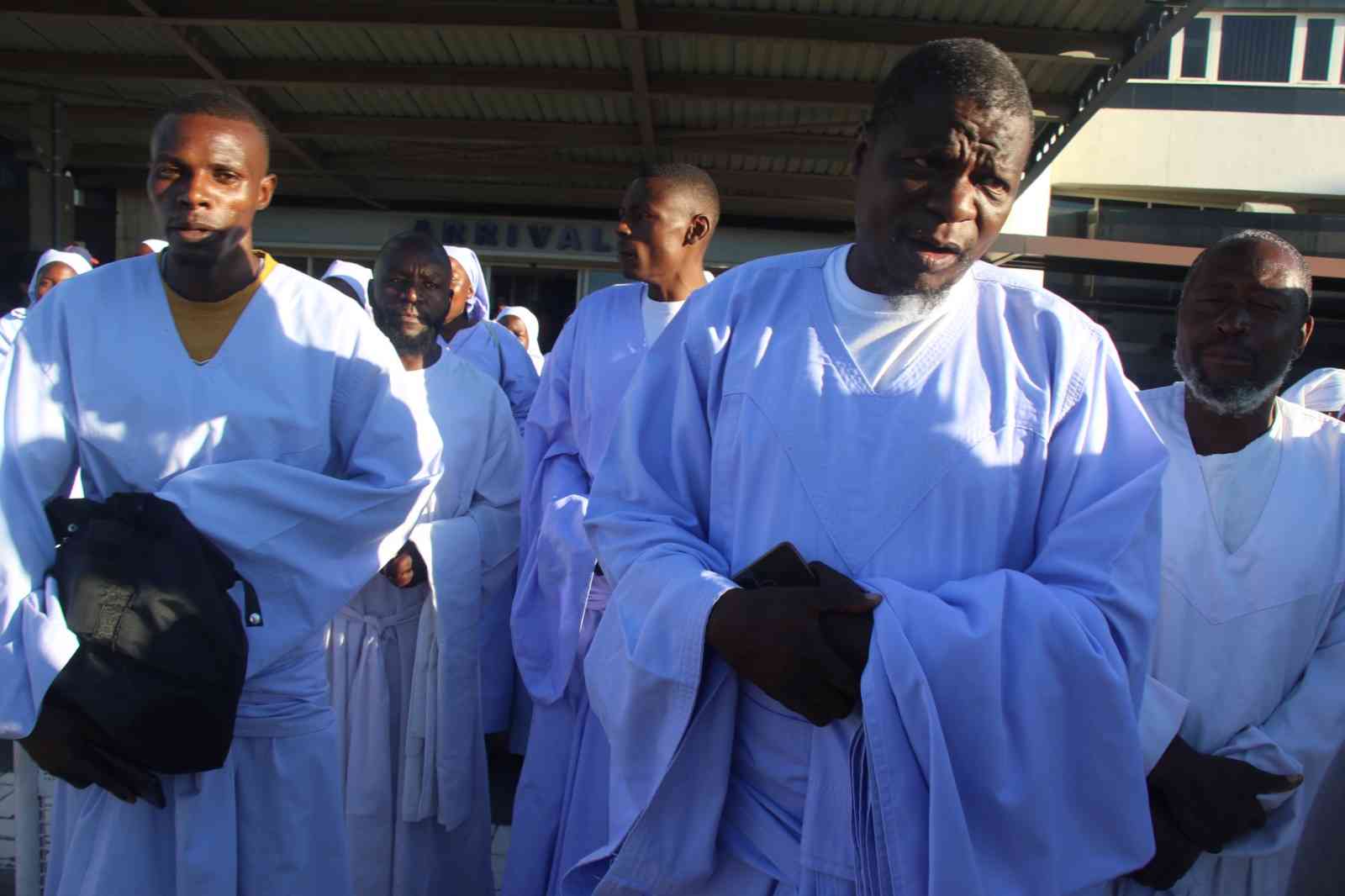
BY JAIROS SAUNYAMA RECENTLY IN CHIVHU
The final journey of the late author Charles Mungoshi was both emotional and interesting.
Death is painful, but his burial revealed interesting things about the life of the veteran novelist, who died week at the age of 71 after a decade-long battle with a neurological condition.
The journey to his rural homestead gave an insight to mourners, who for the first time came across a place called Maronda Mashanu.
Mungoshi was buried at the family farm in Maronda Mashanu, Manyene in Chikomba West.
Maronda Mashanu is located about 15km from Chivhu town with the name being derived from the sacred grounds where members of the the Anglican Church of Central Africa (CPCA) pay pilgrimage.
Just like the popular Bernard Mizeki, according to villagers, Maronda Mashanu resembles the “five wounds of Jesus Christ”.
The Maronda Mashanu community was set up in colonial Zimbabwe just over a century ago by the missionary, poet, redoubtable champion of African rights and fierce critic of imperialist oppression, Reverend Arthur Shearly Cripps.
- Chamisa under fire over US$120K donation
- Mavhunga puts DeMbare into Chibuku quarterfinals
- Pension funds bet on Cabora Bassa oilfields
- Councils defy govt fire tender directive
Keep Reading
It is in this holy area where the late Mungoshi kicked off his life journey before returning to the same place as he concluded his life.
Scores of mourners, including literature gurus, politicians from across the divide, fans, police officers, government officials and relatives, among others, thronged Farm 44 to pay their last respects to the man who contributed immensely to the education sector in Zimbabwe and beyond.
Mungoshi’s only daughter, Tsitsi, revealed that she was present when her father collapsed in a toilet some years ago, which marked the beginning of his battle with illness.
“I was at home with my brothers, when I heard noise in the toilet. I rushed there and realised that dad had collapsed. His head was behind the closed door and it was difficult to open it. I called Charles Jnr and he pushed the door, creating a small gap and because of my small frame I went in. He lay naked inside, that was the beginning of his illness,” recalled Tsitsi.
Mungoshi’s burrial could be mistaken for a poetry and storytelling event as both artistes and relatives took turns to entertain the crowd.
But, mourners were kept in stitches by Mungoshi’s younger brother Justin who judging by his conduct, is a comedian.
Just like his brother before being “born again”, Justin loves his beer and was intoxicated.
“Sometime back, I was drinking beer with Charles in that kitchen hut. He poured beer on me and said Justin ndokudira hwahwa [I will pour beer on you]. When I asked why he has done so, he said ndakuudza kuti ndokudira doro [I told you that I love you because of beer],” recounted Justin.
Though, he was regarded as an academic by many, Mungoshi was humble and regarded himself as not learned.
His son, Charles Jnr, told mourners that his father was soft and recalled how he responded the day he failed an examination.
“We were at Belmont Court when I approached my father with the result slip. I was crying because I had failed. I was expecting him to burst, but he laughed at me. He said there was no reason for me to cry. I recall what he said, ‘Charles, ukunetsekana nekabepa kakanyorwa nevanhu vakanyora zvinhu zvakanyorwa nemunhu asina kugona kunyora? Just ask yourself, what’s next?” narrated Charles Jnr.
By this, the late Mungoshi was telling his son not to worry about the results, but to focus on what he was about to do next.
Charles added that his father was so smart to the extent of going to bed with his wristwatch. His wardrobe had few clothes but of quality.
One of his sisters told the gathering about how their late brother had mended their troubled marriage in an unusual way.
“I had problems with my husband before I approached my late brother to share with him. He just said, Iti afa [He is dead]. By this he meant I had to go back home and consider my husband as dead, you easily forget a dead thing. It worked,” she said.
According to one of his nephews who lived with him, at one point Mungoshi spent hours staring at cranes known in shona as mafudzamombe.
“We were walking around in the plains when we came across some white cranes. He said to me: Are you seeing the cranes? How many are they?. As if in ecstasy he stared at the cranes for a long time. I left him there and went back home,” he recalled.
Every mourner had a testimony about the late academic and author such that the burial was delayed.
This did not go down well with traditional leaders led by Chief Nyoka who were against the delays to bury Mungoshi. The burial was done at around 4pm.
The song Neria by the late Oliver Mtukudzi, targeting Mungoshi’s widow Jesesi who played the leading role in the film Neria, was repeatedly played-encouraging her to keep her late husband legacy as well as taking care of the five children.
As he lay in Maronda Mashanu, Mungoshi left deep pain in the academic sector as well as in the hearts of many especially that of his wheelchair-bound biological mother in her 90s.










